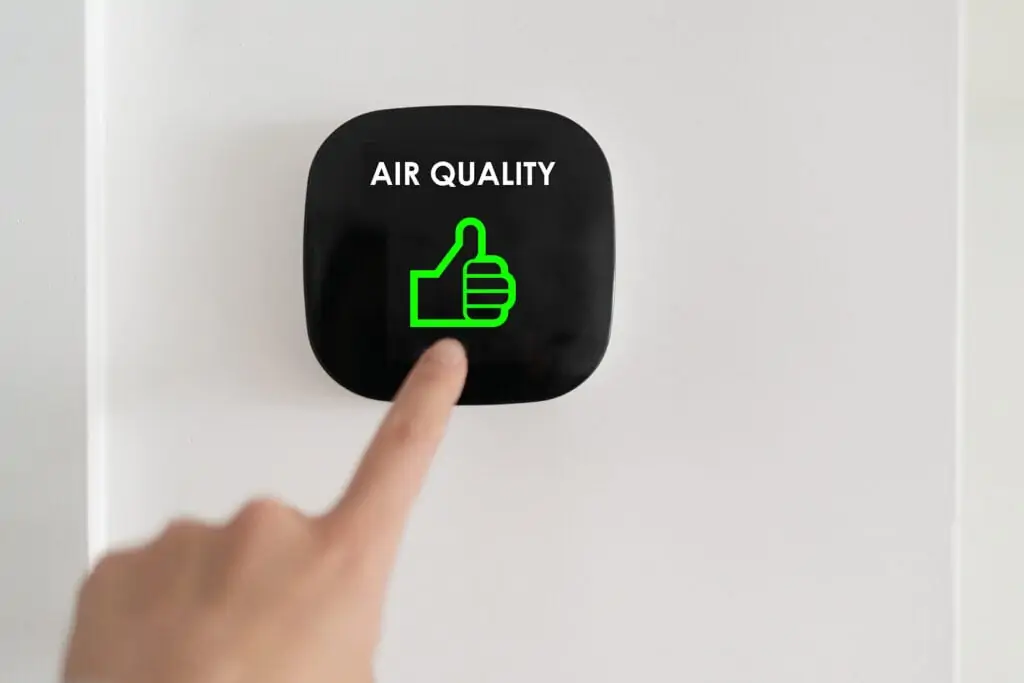Your home’s indoor air quality can affect your health, especially if you have asthma or other respiratory conditions. Taking steps to improve air quality means you’ll have safer and cleaner air to breathe. Keeping these important tips to improve air quality in mind will help you make a healthier home.
Keep Your Home Clean
Making sure your home is clean on a regular basis is an effective way to improve your indoor air quality. You should vacuum all of the carpeting and rugs in your home once or twice a week to remove dust and other debris. Cleaning your bedding, curtains, and other fabrics throughout your home also helps cut down on the amount of dust and other debris that get into the air.
You can help reduce dust and other debris in your home by using dust mite-proof covers on all of your mattresses, box springs, and pillows. While you should be washing these regularly, these special covers also help keep them clean in between washes. Getting rid of trash and clutter in your home is another way to limit the amount of dust, allergens, pollutants, and other harmful particles that get into the air.
Change Your Filters
The air filters your HVAC system uses can have a big impact on the quality of your indoor air. These filters should be as clean as possible in order to cut down on indoor air pollution. Otherwise, pollutants and other particles can get into your air when your air conditioning or heating is running.
Consider using HEPA filters rather than regular air filters; HEPA filters are able to catch dust, pollen, other allergens, smoke, and other particles more effectively. Look for an air filter with a higher minimum efficiency reporting value (MERV) rating. These filters can remove tiny pollen and dust particles from your air.
You should use a filter replacement every three months, or sooner if needed. You should also change the filters in your vacuum cleaner and other appliances on a regular basis.
Control Humidity Indoors
Having the right amount of indoor humidity is an important part of keeping the air clean. Too much humidity, especially in bathrooms and other moist areas, allows mildew and mold to grow. These can lead to significant health issues like respiratory problems.
Because the summer months can make your home even hotter and more humid, you should take steps to lower your indoor humidity. Using a dehumidifier can help with this issue. Dehumidifiers are able to eliminate excess moisture in the air, which helps reduce the risk of mold. Having a lower humidity level during summer also keeps your home feeling more comfortable overall.
Following these tips means you can enjoy having healthier and cleaner air inside your home. Getting air purifiers and measuring indoor air quality from time to time can also help. Contact the indoor air quality experts at A/C Designs to schedule an appointment if you need additional help.

